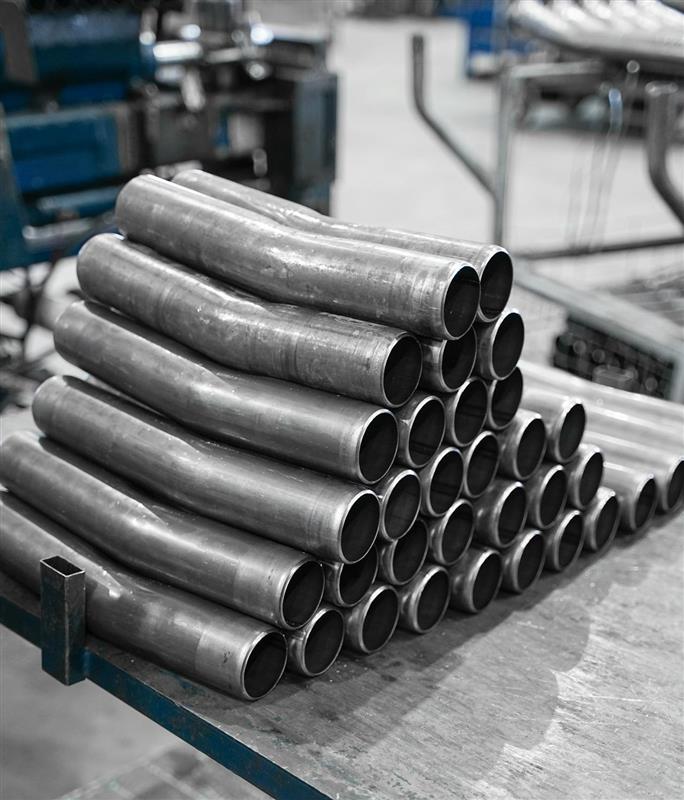
Grade 5 Titanium—also known as Ti-6Al-4V, TA6V or 3.7165—stands as the premium titanium alloy for aerospace, medical, and industrial applications. Containing around 6% aluminum and 4% vanadium, with trace elements of iron and oxygen, this α-β alloy delivers an exceptional balance of strength, toughness, and corrosion resistance. It consistently outperforms conventional metals when exposed to extreme environments or where weight reduction is critical.
Exceptional Strength-to-Weight Ratio
One of the defining characteristics of Grade 5 Titanium is its remarkable strength-to-weight ratio. Although much lighter than steel, it can achieve tensile strengths up to 1100 MPa with proper heat treatment. This combination of low density and high strength makes it indispensable in the aerospace sector, where engineers rely on its properties to reduce weight without compromising structural integrity. Components such as airframe structures, engine parts, and high-performance fasteners benefit from improved fuel efficiency, extended operational ranges, and enhanced safety margins.
Corrosion Resistance and Biocompatibility
The alloy’s superior corrosion resistance makes it the go-to material for demanding medical and industrial uses. Titanium naturally forms a protective oxide layer that resists attack from most chemicals and bodily fluids, ensuring long-term stability. This is why Ti-6Al-4V is the material of choice for surgical implants, dental fixtures, and medical devices. Its biocompatibility, combined with the ability to achieve a highly polished surface finish, ensures safe integration with the human body. In industrial settings, particularly marine or chemically aggressive environments, the alloy’s durability extends the life of critical components, lowers maintenance costs, and minimizes downtime.
Processing and Manufacturing Considerations
Although Grade 5 Titanium offers remarkable advantages, it demands careful processing. Machining and forming can be more challenging than with steels or aluminum alloys, and specialized heat treatments must be closely controlled to preserve its microstructure and mechanical performance. These extra steps are justified by the alloy’s high reliability and performance benefits.
Conclusion
Grade 5 Titanium is more than just a metal—it is a strategic material enabling innovation across multiple industries. By delivering unparalleled strength at a fraction of the weight, resisting corrosion in harsh environments, and ensuring biocompatibility in medical applications, Ti-6Al-4V continues to be the benchmark for premium engineering alloys. Its unique blend of properties makes it a critical component in shaping the future of aerospace, healthcare, and industrial technology alike.


